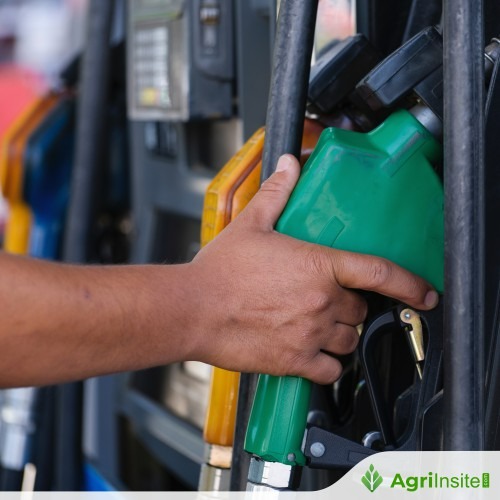European Union’s proposed ethanol ban triggers concern across nation

Experts in Bengaluru have dismissed fears over the EU’s proposed de-facto ban on ethanol-based products, saying normal use poses no cancer risk. The European Chemical Agency’s concern stems from studies on alcohol consumption, not general exposure. Doctors said ethanol fuels’ risks depend on overall emissions, not ethanol alone.
BENGALURU: With the European Union mulling a de-facto ban on ethanol-based products due to a carcinogenic threat found by the European Chemical Agency (ECHA), many in Bengaluru and the country at large might be worried, concerned about the claim. However, experts said that there is no immediate risk from ethanol usage.
The common occurrences of ethanol would be the usage of hand sanitisers, and now the mixing of it with fuel. The International Association for Soaps, Detergent and Maintenance Products (AISE) reveals that the study “is based on oral intake– mainly data on the adverse effects of excessive drinking of alcoholic beverages.”
“Ethanol’s carcinogenic concerns mainly arise from high or prolonged exposure. We must review exposure levels and identify any vulnerable groups,” says Dr Srinath, an oncologist at Asha Hospitals and Research Centre. “Washing with soap and water for at least 20 seconds is the gold-standard for hand hygiene. Non-alcohol-based sanitisers exist but they can vary in effectiveness,” assures Dr Palleti Siva Karthik Reddy, a general physician.
The case with petrol is more complicated. “Burning ethanol-blended fuels can increase emissions of acetaldehyde and formaldehyde, which are both associated with cancer. This does not mean ethanol fuels are automatically more harmful. Air quality depends on the total mix of pollutants, and ethanol blends can reduce some other toxic components of fuel emissions,” says Dr Srinath.
To Read more about Ethanol Industry & Bio Energy News, continue reading Agriinsite.com
Source : The New Indian Express
















